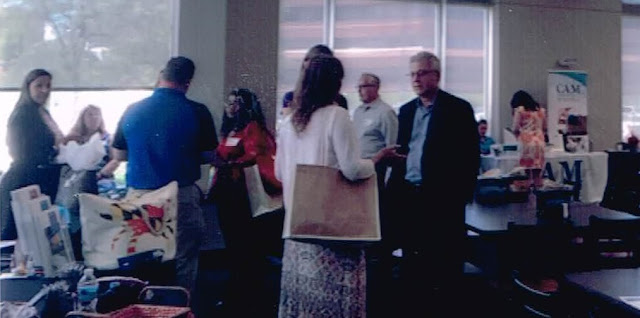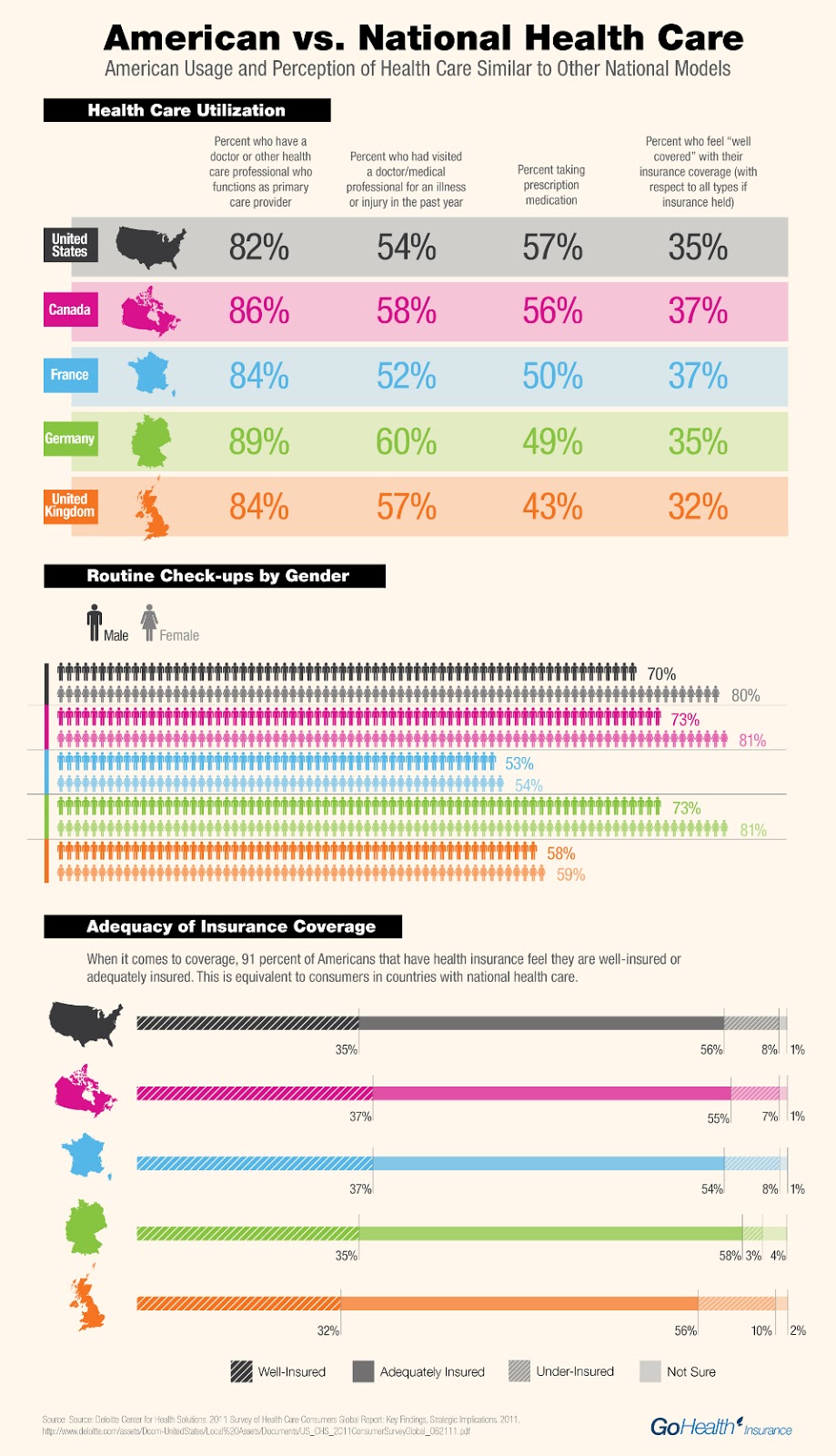 You are most likely a
hard worker who wants nothing but to get back to work. You may have been
in the same job for a long time. You may fear or have already been told
that you will not be able to return to work in the same position. Ever.
What can you do? What should you do?
You are most likely a
hard worker who wants nothing but to get back to work. You may have been
in the same job for a long time. You may fear or have already been told
that you will not be able to return to work in the same position. Ever.
What can you do? What should you do?
Fear is often at the core of
most unexpected change and an unexpected work injury is no different.
During the initial phases of an injury medical treatment and your job
security may be unclear. The more you can do to clarify your situation,
the better you can plan your next steps.
So, what should you do if you have been laid
off?
·
Stay in constant communication with
your employer - it is important that they understand that you want to come back
to work as quickly as possible.
·
Arrange all documents you receive in a
folder in order of oldest to most recent.
·
Keep a journal of all conversations
and events - include dates, times, location, expenses, mileage, a summary of
what was said or done.
·
Ask questions and take notes of the
answers - write the questions or concerns down as they come to you; you won't
remember them at your next meeting.
·
Take stock of the resources you do
have - including your support system; make a list of resources you may still
need.
Do you need an attorney? A good attorney
can help in almost any circumstance and most do not charge for an initial
consultation - in most jurisdictions attorneys are paid on contingency (meaning
only if you win your case), or from the funds that they are able to get for
you.
Another emotion that often enters into
the picture when someone is unemployed is grief. Grief over the loss of:
·
Function/Physical ability – It can be
frustrating, scary isolating, difficult… there are no words that can really
cover everyone’s experience if you have suffered a debilitating injury.
·
Job - in our culture we frequently
identify who we are by what we do; when faced with a job loss, it is common to
mourn the loss of identity.
·
Routine – As adults we structure our
entire lives around our work schedule and can experience a deep sense of loss
of security.
Men often express fear in the form of anger, as they are often not
used to discussing emotions. Women may withdraw and become depressed. The
resulting relationship issues are, needless to say, are not necessarily
beneficial to healing or the return to work process!
Acknowledging and labeling
these feelings goes a long way toward being able to discuss and work through
them. It can be a great relief just to
have someone say “I hear you.” or “I know exactly what you are saying.” or “You
have been through a lot.” Just the
validation of what you are feeling from another person can help so much. What
else can you do? Grief often progresses through stages - not always
in the same way, order, or time frames. However, you may find the
following helpful. Revisit the next
section periodically to assess how you are doing and to remind yourself of
coping strategies!

Like
any loss, a job loss often results in a feeling
of grief. Eventually you must mourn the loss of the job and all that it provided: Security, money,
self-esteem, status, identity, etc. If you are a new grad or are returning to
the work force, you might be grieving the
loss or change of a dream or expectation – “shouldn’t I have a job by now” is a
common sentiment.
1.
SHOCK & DENIAL-
In
this stage you will feel generally numb – this serves as a coping mechanism to
protect you from what may be very overwhelming. If you have recently lost your job you may be unable to think about how you
feel about that loss. It may be
difficult to imagine what you will do, and so forth. This stage keeps you
moving forward physically and ensures you will meet all your basic needs.
What you can do: You should take this opportunity to
breathe. Literally. Keep a notebook with you during this, and
the following stages. Write EVERYTHING
down. Write down the smallest thoughts and feelings as they come to
mind. Let yourself be emotional and feel. The worst thing
you can do is to block yourself off from your emotions. To refocus: Keep a separate
section for any positive thoughts or ideas that come to mind. You will find comfort
in these as you move through the various stages.
2.
PAIN & GUILT-
Pain
and heart-break are laced with guilt in
this stage. You may relate this period to a lost love from which you suffered
in the past. Self-blame is common: You may feel that you are not worthy or must
have deserved your current circumstance.
What you can do: Accept comfort and seek out others who care about you and/or who have had similar
experiences. If you know of someone who is
currently working through this process themselves - reach out to them. To refocus: Think about when
you have experienced similar feelings – what helped? What
didn’t? Repeat those things or techniques that are tried and true.
3.
ANGER & BARGAINING-
Anger
is normal. You may reach this stage
pretty quickly after a job loss, whether through lay-off, illness, injury or
takeover. Accept this, express it,
but be aware of how you do so – you may need the help of those closest to you
during the next days, weeks, and/or months.
What you can do: If it helps, scream into a pillow or an empty
field (if you have one available). You may pound your fists on the bed or
jump up and down in a tantrum if you are able. Sometimes you just need to
physically express your anger to get through it. If you
are a religious person, you might find yourself pleading with your higher power
at this point. To refocus: Continue to write in your
notebook (call it a journal if you want). Ask yourself what you are
angry about. Return to the section of your notebook in which you wrote any positive
ideas or thoughts for your return to work or just in general.
4.
"DEPRESSION",
REFLECTION, LONELINESS-
It is
important for you to “feel” how you feel.
You are likely to feel depressed and lonely. You are cut off from your normal
social network. The bottom line is just the act of getting up, dressed, out to
work every day, and interacting with
others gives you some social and emotional support that is felt missing at this
point. You should allow these
feelings, recognize them, and think about what support you need going forward.
What you can do: If you are feeling depressed or lonely, take
this time to be alone and think about your current situation. If you
feel too lonely, seek out others who you
respect and/or have a positive, supportive nature. To refocus: Take stock of your assets (literally and
figuratively). These may include your skills and abilities as well
as your financial assets.
5.
THE UPWARD TURN-
Eventually you
will find a rhythm in your
recuperation and/or job search and networking and will feel some sort of calm
and organization. You may flash back occasionally to feelings of guilt when you
realize this. Understand that this is the first step in moving beyond your
grief from the loss of your job and that it is entirely NORMAL.
What you can do: Have a goal, complete with time frame and steps that you can take toward
that goal. Make your goal more specific and meaningful than “Get a
job.” For example, will you settle for any job right now and
then move on to find a better one? Or, do you have the resources to
spend several months to search for a job at a given level? To refocus: Write down your
goal and when you want to achieve it (it can be modified if necessary). Develop
a schedule (also in writing) that will allow you to reach your
goal. Review your schedule and
goal daily.
6.
RECONSTRUCTION & WORKING THROUGH-
As
you begin the upward turn, you will eventually be able to think about where you want to be and what type of job you might like to have. For many, this is the
first time they have had the opportunity to consider what type of job they might like to do and/or what
they ENJOY. Many note that the lay-off, downsizing, or job change was the best
thing that could have happened because it forced them to look at what is out
there relative to what they have to offer.
What you can do: Keep writing in your notebook
and re-evaluate your progress and which goals you want to keep on a weekly
basis. What is working? What is not getting you the interviews
you need to get hired? Try to use a critical eye; if this is difficult, seek
the help of a vocational or career expert or a mentor.
7.
ACCEPTANCE & HOPE-
Eventually,
you will be able to accept that you may not be the same exact person you were
before your “loss”, but somehow you are the best you can be. You have made
the most of what life has to offer. You are able to move forward, seeking and
finding other employment opportunities. It isn’t easy, but it is possible, even
if it doesn’t seem so right now.
What you can do: You
will gain confidence and hope from your
activity. Stay organized and act on every lead as soon as
possible without being overly hasty. Note anything positive that happens
during the day, whether or not it is job search related. Make your plan for the next day so that you
have something to look forward to.
You
may not progress neatly through these stages, but most people will experience
some level of each stage. Treat this part of your life as a leg of a
journey, secure in the knowledge that you will end up where you need to be. Come back to this section periodically to
assess where you are and remind yourself of coping tips. http://www.recover-from-grief.com/7-stages-of-grief.html































